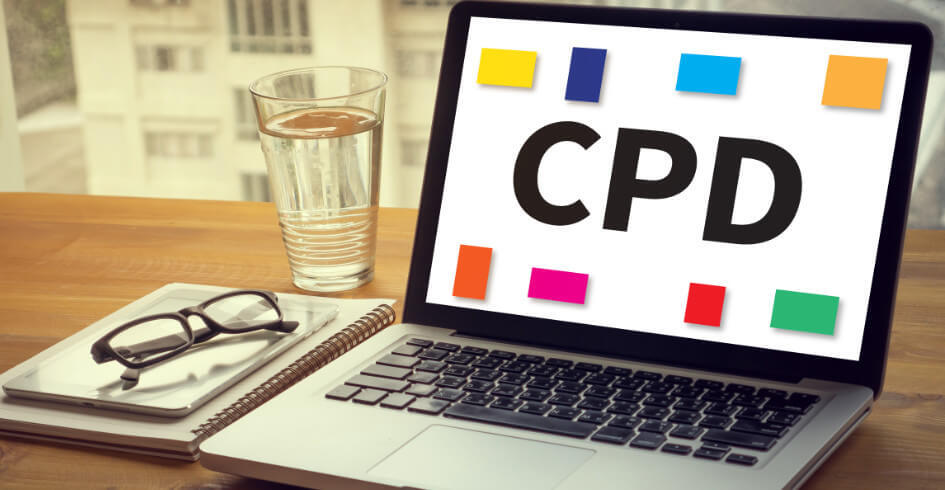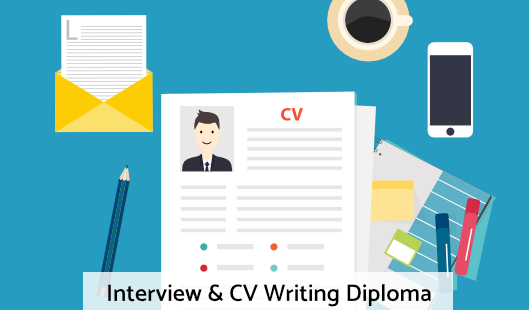Learning Blog
Continuing Professional Development (CPD) - The what, why, when and how it can improve your lifelong journey
What Is CPD?
CPD stands for Continuous Professional Development and refers to the extra learning initiatives that professionals undertake to constantly improve their abilities in the workplace or as individuals.
CPD allows for a tangible and measurable learning process and is essentially a commitment that people make to constantly improve and become better at what they do.
There are many different aspects involved with CPD and these include things like workshops, conferences, events and online learning; all of which count towards the CPD points that an employee can earn.
Importantly, when it comes to online learning, it is also a way that course offerings can be accredited formally, which means that everything an individual learns from an accredited CPD course provider will count towards their CPD point system or profile. All New Skills Academy courses are accredited by The CPD Certification Service, and also the CPD Standards Office, which ensures our courses are up to date, meet the required standards and benchmarks, and have been scrutinised to ensure integrity and quality are upheld within specific course sectors, both nationally and internationally.
CPD Learning Types
Structured CPD or Active Learning
This is CPD which involves interactive and participatory studies. The studying is proactive and includes things like training courses, workshops, seminars, conferences and online learning courses.
Reflective CPD or Passive Learning
This is learning that doesn’t include tangible and direct ways of self-improvement but involves other activities that also contribute to self-improvement and learning. Things like reading industry articles, listening to industry-related podcasts and staying up to date with industry trends are included here.
Self–Directed or Unstructured Learning
Self–directed learning is ad hoc learning, which means it is not accompanied by a structured CPD activity or event. This type of learning can be noticeable while trawling news feeds within your business, or related articles in tabloids, magazines or within social media.
Benefits of CPD
Adaptability
Individuals involved in CPD tend to adapt easily and positively to changes in their professional and personal lives. This is because they are usually aware of trends and changes and also because their naturally enquiring minds and substantial intelligence allows them to accept and adapt to changes as they occur.
Efficiency
These individuals know more and are, therefore, better at their jobs in most cases. Because CPD is vocation specific, the information is directly related to what they do, and they can use the knowledge practically, thereby improving their productivity. CPD courses also teach individuals how to be more efficient with their time and effort by teaching them specific skills.
Commitment
CPD is all about developing a commitment to an individual’s vocation, and this is evident in the time they take to educate themselves further. CPD is a commitment to self-improvement as well as a commitment to the company they work for and their industry. CPD also creates a commitment mindset while being indicative of it.
Pride
Embarking on CPD activities not only makes individuals more efficient and better at what they do, but it also instils a sense of pride and can reignite this pride in people who feel dejected and jaded. As you improve your knowledge and ability, you develop pride in not only what you do but also in who you are.
Ideal employee
CPD is one of the best tools that an organisation can use as it is an investment in your greatest asset - the employee. It is an absolute win-win for employees and employers as staff are trained to do their job well, enjoy their occupation and take pride in themselves, while employers reap the benefit of having an ideal and efficient employee making sure things run smoothly in their position.
CPD, CEU, CE Points, Units and Credits – What Is The Value?
Continuous Professional Development points, Continuing Education Units, and Continuing Education credits are all forms of active learning, from different standards and benchmarks from domestic, national and international organisations. They are awarded based on the number of active learning hours a student performs annually. The number of points, credits and units against the number of hours actively learning is established in the table below.
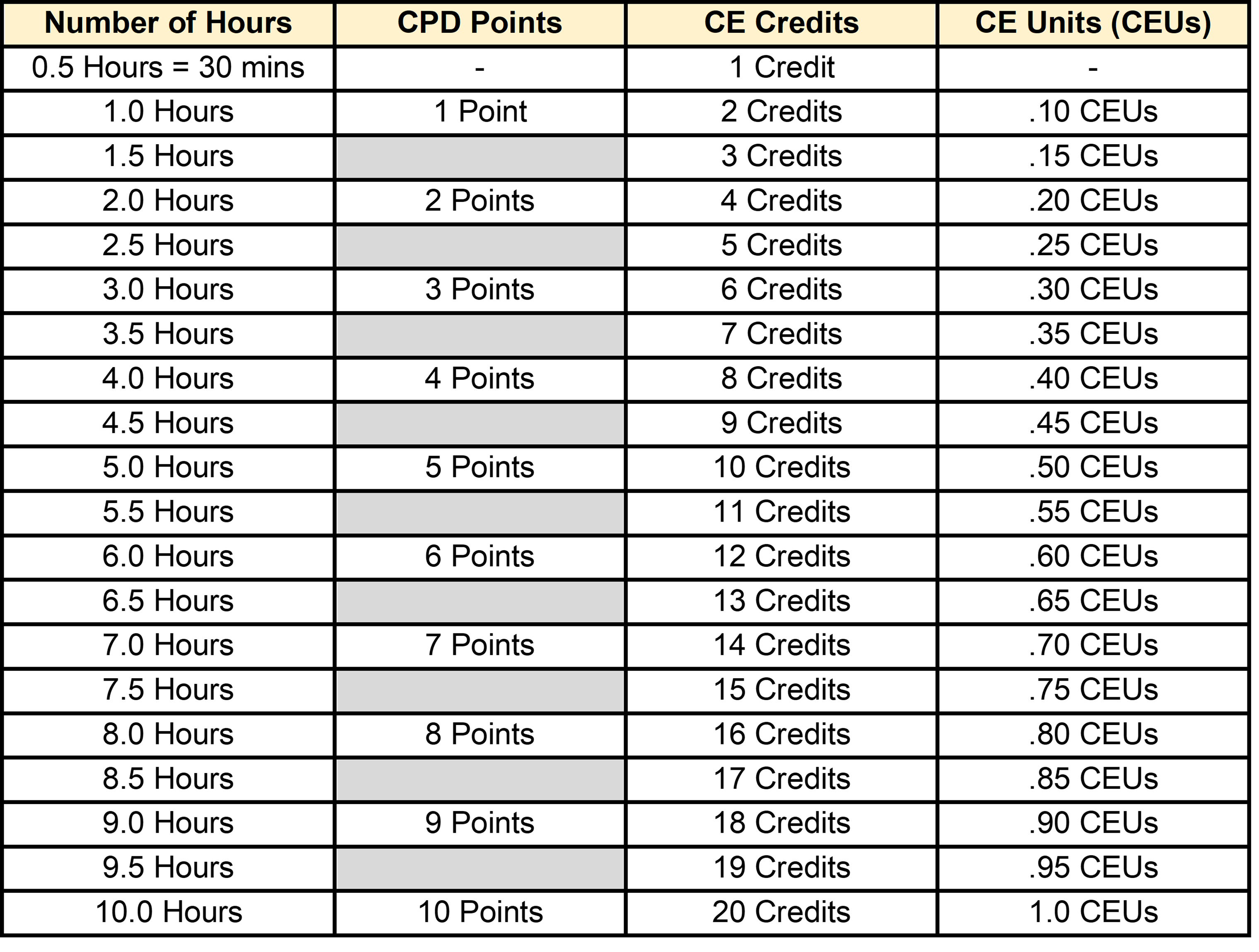
How Do I Manage My CPD Effectively?
Continuous Professional Development is a lifelong journey of learning, however, knowing where, when and why are difficult to comprehend when your learning is autonomous/voluntary.
If your professional organisation demands you to annually obtain CPD points/units/credits, then the likelihood is your senior management team have discussed where your strengths and weaknesses are, and they have given you a specific direction or focus which will enable you to meet their expectations. If this has not occurred, then a great tool to use is a CPD cycle. The CPD cycle allows you to annually plan learning objectives and outcome measures, which allows you to focus your training/learning to become a more competent individual/professional.
Stages of CPD
Stage 1 – Identifying Your Learning Needs
When you start your continuous professional development journey you will need to identify your needs. To do this, you will need to analyse yourself both through your historical past (what led me to my current position?) and your aspirational future self (where do you see yourself?). This could also be on a competence basis e.g., what do I need to improve to achieve the outcome I need/want? Or this may be performed at performance reviews with your line manager.
Stage 2 – Planning
Once you have identified your needs, you will need to create SMART goals so you can reach your overall outcome. Consider the timescales/milestones and activities which will allow you to ascertain your goals and also the resources which will be needed to meet your goals. Your plan can start anywhere in a year, but there needs to be a performance review established so that your plan is timely. Your plan should be adjustable and not stringent, which will allow you to amend micro-goals without detracting from the overall goal. Click here for a useful template to establish your Development Action Plan.
Stage 3 – Development Activities
Within this stage, you will be implementing your plan. You will be learning new skills through course materials, reading articles and practically performing tasks related to the overall goals. You may use podcasts or listen/watch Ted Talks, which allow you to underpin your understanding of new concepts/information you are obtaining. Try to develop your learning time as you progress through your plan. Learn at work, home, commuting if feasible. Learning in different environments can be extremely useful to reduce tedium, and can be aspirational, especially if you see others taking the time to learn themselves.
Stage 4 – Assess, Evaluate, Reflect
Within this stage, you will assess, which can be formally through certifications and informally through evaluating what has been learned and understood, and then how to implement the underpinning knowledge. Finally, you should reflect on your practice. This allows critical thinking to emerge, improves self-awareness, communication skills and problem-solving skills. Reflective practice can be performed in many ways; firstly, you can use our personal development record which can be completed by yourself or in conjunction with a peer or line manager. When reflecting on your practice, consider what you have learned, the benefits/value added, and how you can implement the information you have obtained. When you have reflected, what are your next actions? Do you need to re-evaluate your plan to allow you to achieve what you initially set out to achieve, or are you working towards that initial goal, and you need to create smaller micro-goals to continually develop?
If you look at the CPD cycle below, you will see after stage 4, we have the application of new skills/learning. The learning cycle is results-based and goals-driven, so at this point, you need to apply your learning to your work/life. The more you apply these skills/learnings, the more habitual they’ll become. Once they become habits and they are embedded daily, you will move on to self-mastery. Don’t worry if your learning is not quite ready to be embedded in your life/work just yet. You have made small incremental steps that are always evolving, however, just like the CPD cycle, your learning is always evolving and cylindrical, so it never stops, and it should be embraced.
The CPD CYCLE
This cyclical process illustrates that learning is continuous and always evolving throughout your educational and life journey.
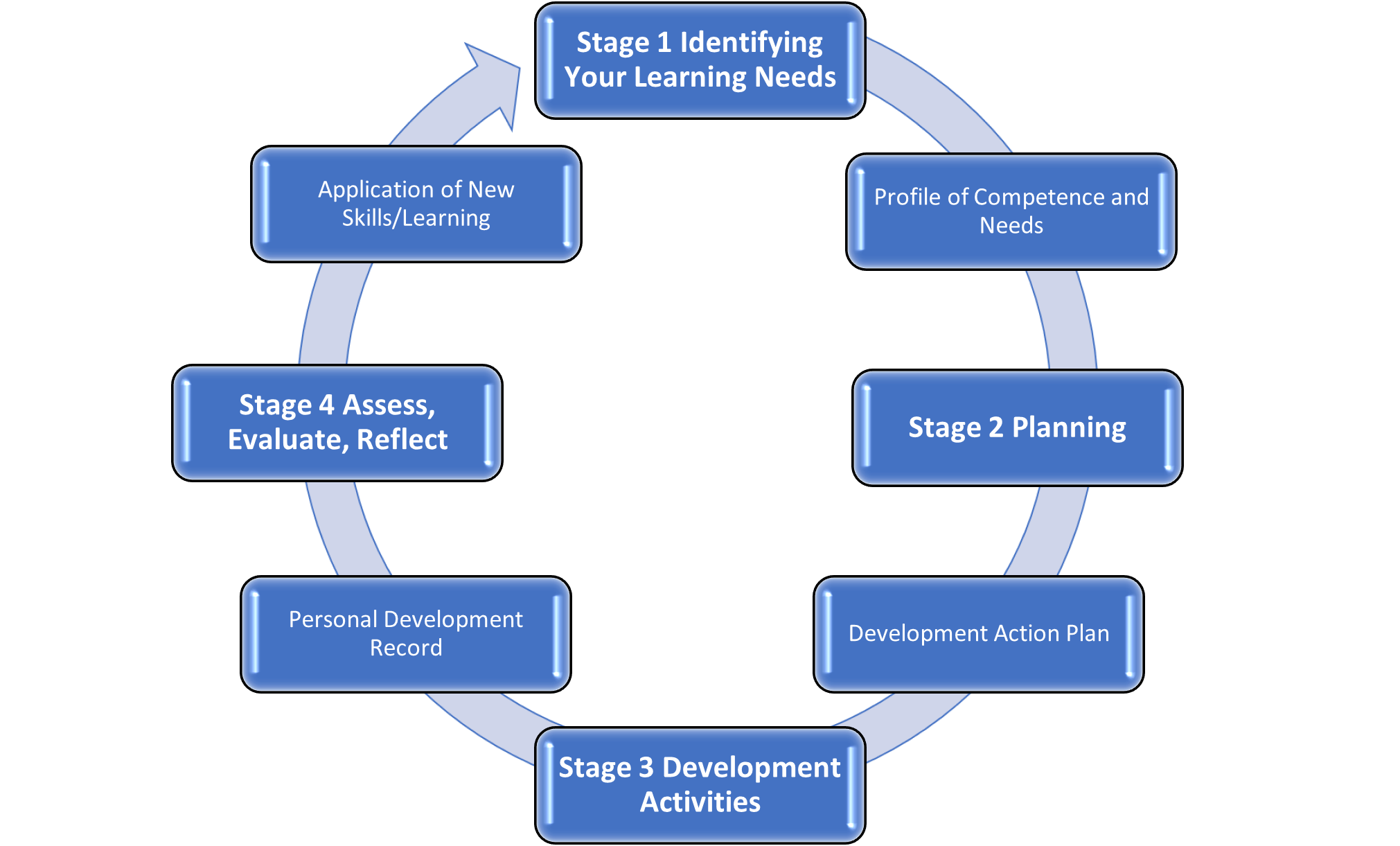
CPD Certification for Further Learning
As mentioned, New Skills Academy courses are all certified by the CPD Certification Service UK and the CPD Standards Office, which is the largest and leading independent CPD accreditation organisation working across all industry sectors. They have a long and pedigreed history of working with training providers, professional bodies, academic institutions and corporate organisations.
When it comes to CPD Certification for further learning, organisations seeking certification are evaluated to the highest standards, and the CPD Certified symbol is a qualitative benchmark and evidence that the content is credible, useful and practical. So, whether you're looking for an online marketing course or beauty courses online, make sure they are CPD certified.
We are very proud to offer this certification on all of our New Skills Academy courses, so take a look today and begin your pathway to accredited improvement!
Learn with confidence...

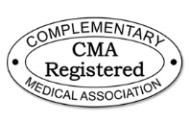

 RRP
$100
RRP
$100
Get a FREE Course
Tick this box to Sign up for our newsletter, and get access to the Interview Skills and CV Writing Certificate course for free! By signing up, you agree to our Privacy Notice & Cookie Policy and to receive marketing and related emails from academy+ brands. You can unsubscribe at any time.What our students say about us...
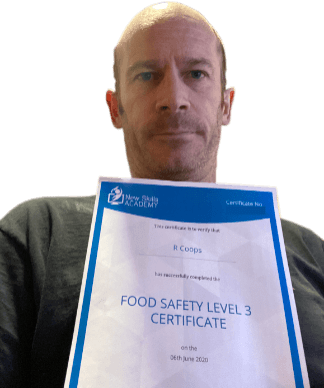
Yet another well laid out course. This is my 3rd course so far with New Skills Academy.
More than likely will be back for another one soon. This course was enjoyable to do, and I learnt a lot and passed first try. My certificate will be up on the wall soon.
Rob Coops

I am a doctor. This course is well organized, covering all areas of CBT. The videos and practical tips are very helpful. All the modules are arranged with good explanations and examples. Also each module consists of quick test and assignment which enables you to gain knowledge. Finally I would like to thank the New Skills Academy team.
Dr. M. Arshad

I took up this course initially to help me with my own dog, but found that as I worked through the material I actually started thinking that this could be something that I could use to make a second income. From start to finish I found the course engaging and interesting. I am now doing another dog related course and am experiencing the same level of enjoyment. I would recommend New Skills Academy without hesitation.
Keith Smith
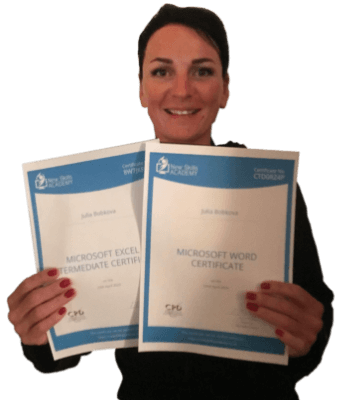
This is a great course for any level of knowledge. Very easy to navigate, great practical tasks and explanations are very clear. You can revise any module with no problem. The test wasn’t too hard if you completed every module. It may be handy to make some notes before you start. Overall I'm very happy with my choice. Thank you New skills for my New skills :)
Julia Bobkova

Wow what an incredible insight for the start of anyone's journey in property. This course gives you so much information and there are tests and questions on each of the modules. The course is very easy to follow and well laid out. You can actually make notes on the pages of each module using the notes tab! I am very excited to say that I passed and I only spent one week on this course. I will print all the PDF information and keep it in a file with my certificate. I feel very confident for my future plans now I have completed this course.
Nichola Anderson

I found this course incredibly useful, as it provided me with practical knowledge which I can implement in my role as a Support Worker. The videos were clear and concise, and the downloadable worksheets reinforced what I had learned as I was able to put pen to paper. Overall, a fantastic course for a great price! I am looking forward to taking on my next one.
Teleisha Harley

Very interesting and helpful course. I ve learned a lot of interesting things about make up and the tutorials were very helpful and easy to understand. I really reccomend this course for everyone who is passionate about make up and wish to develop their skills and make a career from their hobby.
Nicoleta Lucaci
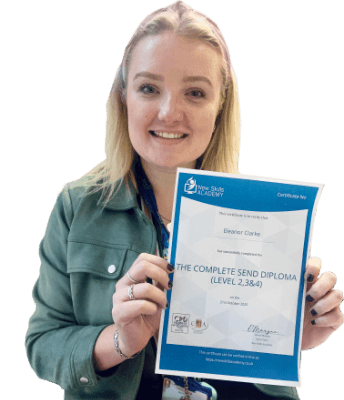
It was an eye opening course that was flexible and easy to access. I was able to complete it from the comfort of my own home whilst also having the tasks to complete which enabled me to check my knowledge. I know feel much more confident in my field of work and really enjoyed doing it.
Ellie Clarke
